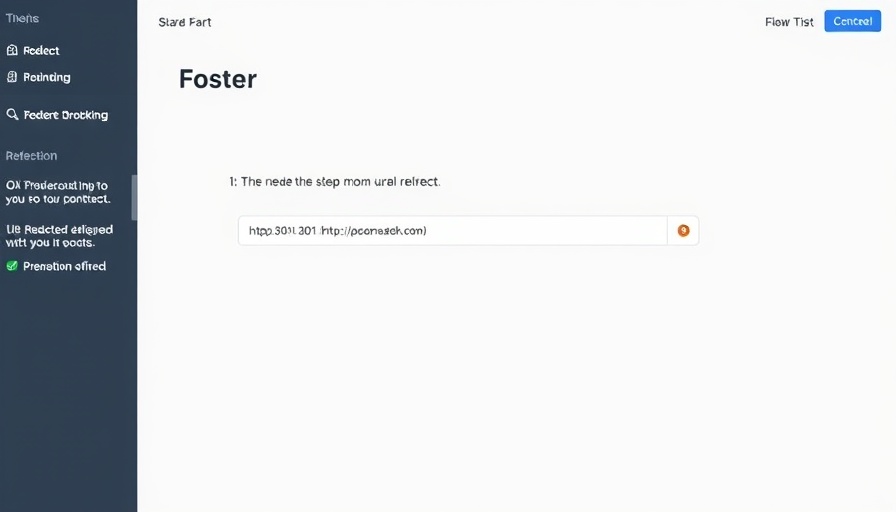
The Critical Shift in Marketing: Data as a Core Component
Over the past decade, marketing has evolved from a creative-driven endeavor to a data-centric business model. Today, marketers are no longer simply storytellers; they are data architects creating personalized consumer experiences. By utilizing customer data platforms, businesses can connect deeply with their customer base, predicting their behaviors and tailoring communications accordingly. However, this wealth of information brings significant responsibilities in protecting sensitive customer data.
The Rising Importance of Data Protection
As businesses harness more customer data, the importance of data protection becomes paramount. Notably, regulations like GDPR and CCPA demand that businesses adhere to stringent standards for data privacy. These regulations require not only compliance but a commitment to ethical data handling practices. For business owners, this shift means investing in technologies and strategies that prioritize data security. Ignoring these obligations can lead to severe repercussions, including hefty fines, loss of consumer trust, and damage to brand reputation.
Building a Compliance-First Martech Stack
The best-performing martech stacks today are those that incorporate compliance and security as foundational elements, rather than as afterthoughts. This requires businesses to evaluate every piece of technology they use. From CRMs to marketing automation tools, ensuring that each platform complies with relevant privacy laws will safeguard beloved customer relationships more effectively. Additionally, adopting practices like document redaction will minimize the risk of accidental data leaks when sharing reports or insights.
Real-World Examples of Data Mismanagement
Every now and then, we are reminded of the consequences of data mismanagement through high-profile breaches. For instance, a well-known retailer once faced severe backlash after a data breach compromised sensitive customer information, causing palpable mistrust and lost business. Such instances serve as warnings to other businesses; the cost of negligence can far exceed the expense of implementing proper data protection measures. Let this be a motivation to prioritize data safety as an integral part of your strategy.
The Future of Marketing Technology: Anticipating Change
The marketing landscape continues to shift. As consumer expectations rise and new regulations emerge, business owners must adapt to these changes to maintain competitive advantages. A focus on data trust is emerging as a critical component of long-term marketing relationships. Tools that enable transparent data management practices will not only benefit compliance efforts but also enrich customer experiences, ensuring that consumers feel secure and valued.
Conclusion: Becoming a Data-Driven, Compliance-Conscious Business
As the business landscape transforms, so does the necessity for data protection. By integrating secure practices within marketing strategies, organizations can establish a culture of trust and transparency with their consumers. Embracing compliance and data protection not only mitigates risks but can also be turned into a powerful brand advantage—one that resonates with the informed consumer of today. For business owners looking to thrive in this new paradigm, prioritizing data protection is not just a good practice; it is essential for sustainable growth.
 Add Row
Add Row  Add
Add 






Write A Comment